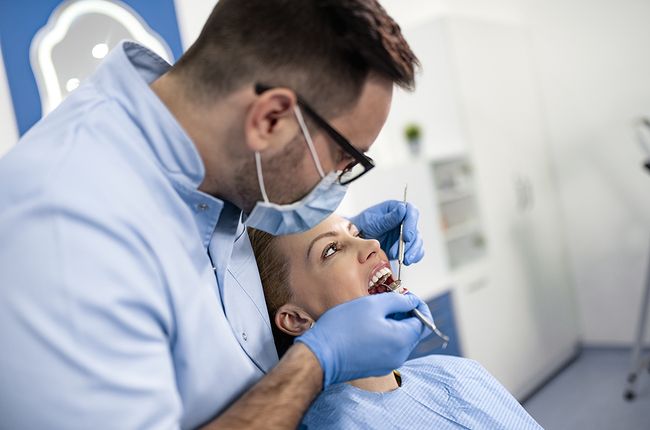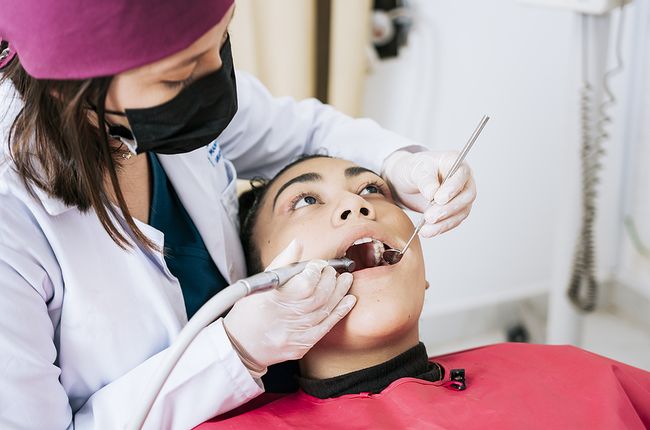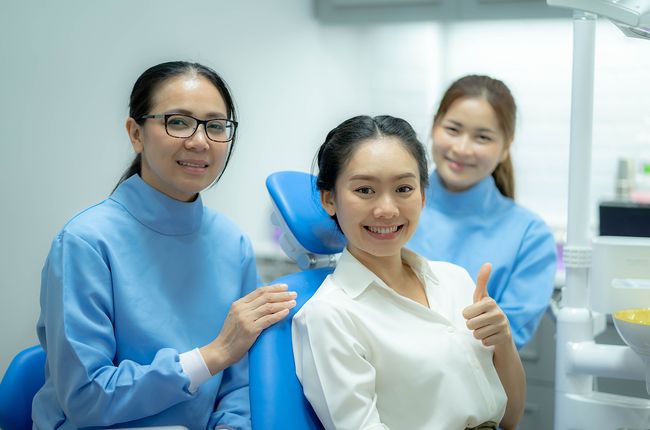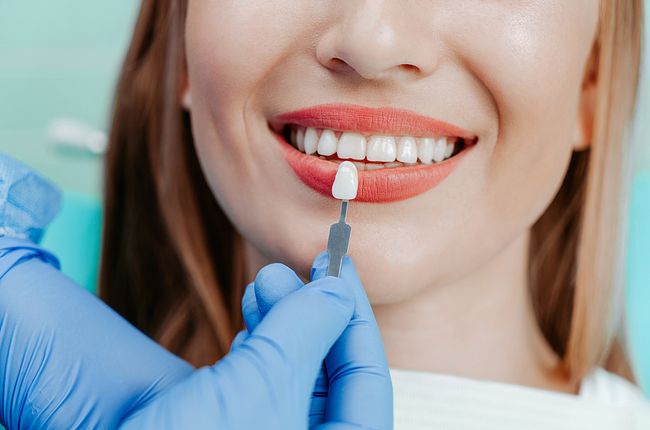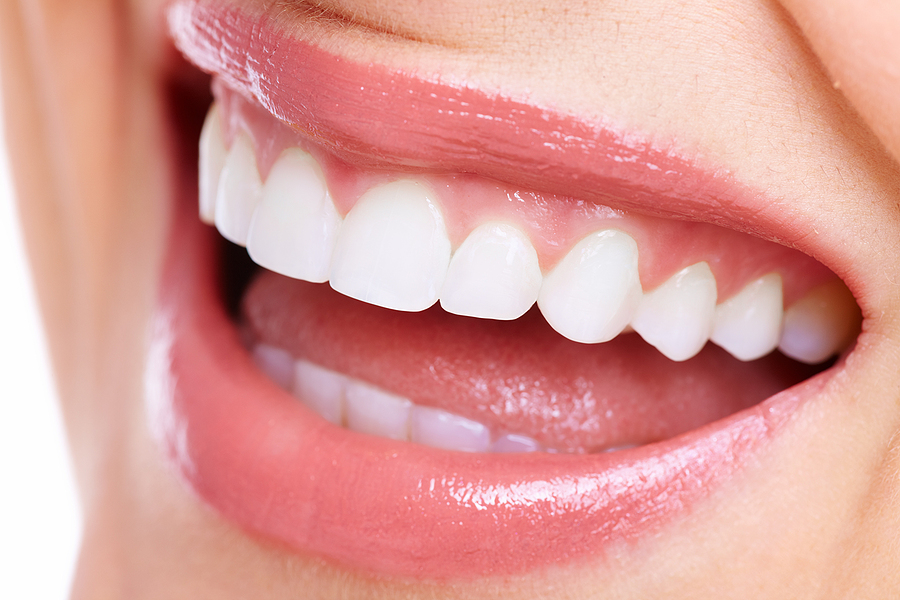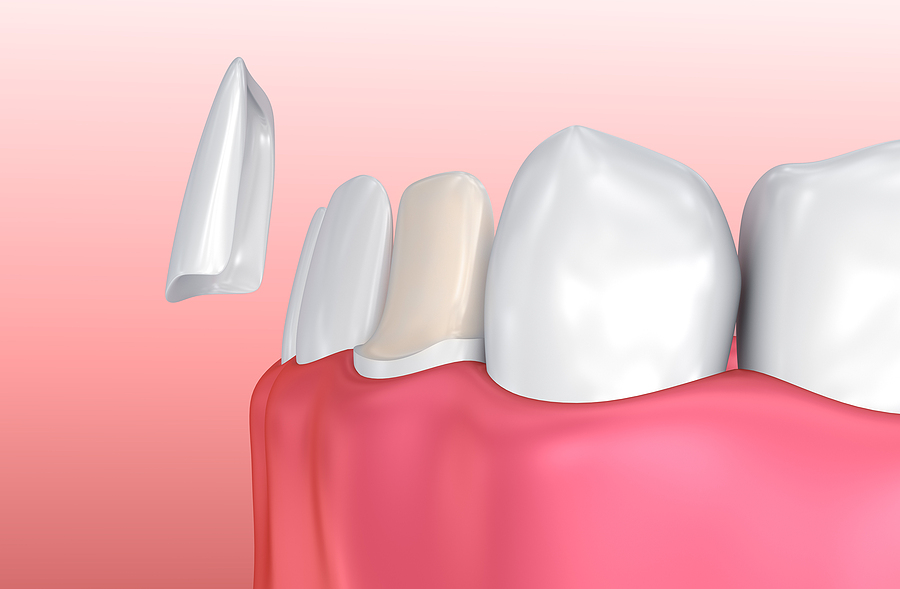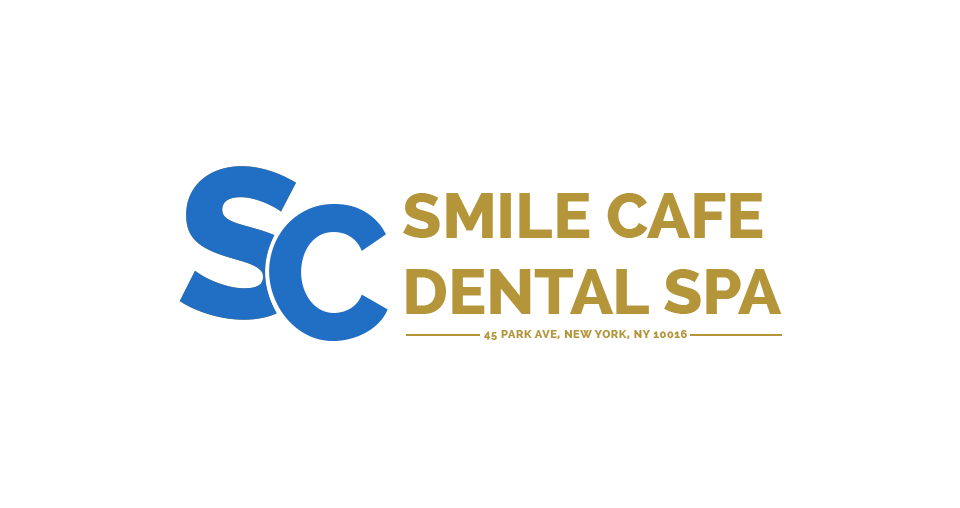Dental implants are artificial tooth roots of titanium surgically placed into the jawbone beneath the gums. They provide a stable foundation for replacement teeth, resembling natural teeth in appearance and function. Dental implants offer several advantages over traditional dentures, including improved comfort, durability, and the preservation of jawbone integrity. The process involves multiple stages, from initial consultation and assessment of oral health to implant placement and attachment of custom-made prosthetic teeth. Successful integration of dental implants requires good oral hygiene and regular dental visits to ensure long-term functionality and aesthetic appeal.
Types of Dental Implants
Endosteal Implants
Endosteal implants are the most common type used today. These implants are surgically placed directly into the jawbone, typically made of titanium, and resemble small screws, cylinders, or plates. Endosteal implants provide a stable foundation for one or more artificial teeth, known as crowns, bridges, or dentures. After the implant is placed, the bone around it needs time to heal and fuse with the implant through a process called osseointegration. This integration creates a strong bond, similar to natural tooth roots, ensuring stability and durability for the prosthetic tooth or teeth.
Subperiosteal Implants
Subperiosteal implants are an alternative to endosteal implants, especially when there isn't enough healthy jawbone to support traditional implants, or bone grafting is not an option. Instead of being placed into the jawbone, subperiosteal implants are positioned under the gum but above or on the jawbone. A metal framework is custom-made to fit over the jawbone and under the gum tissue, with posts attached to protrude through the gums. Prosthetic teeth are then mounted onto these posts. Subperiosteal implants are less commonly used today due to advances in bone grafting techniques and improvements in endosteal implant designs.
The Dental Implant Procedure
Initial Consultation and Treatment Planning
The journey begins with an initial consultation with the dentist in New York, NY. During this visit, the dental team will assess your oral health, including the condition of your remaining teeth, gums, and jawbone. They may use X-rays, CT scans, or 3D imaging to evaluate the bone structure and determine if you're a suitable candidate for dental implants. This phase also involves discussing your goals, expectations, and treatment options.
Surgical Placement of the Implant
If you're deemed a suitable candidate, the next step is the surgical placement of the dental implant(s). This procedure is typically performed under local anesthesia, although sedation options may be available for anxious patients. Our dentist will make an incision in the gum tissue to expose the jawbone and then carefully drill a hole into the bone where the implant will be placed. The implant, usually made of biocompatible titanium, is inserted into the prepared site. Sometimes, a healing cap may be placed over the implant to protect it during the initial healing phase.
Osseointegration
After the implant is placed, a process called osseointegration begins. This is crucial for the long-term success of the implant. Osseointegration involves the jawbone healing and fusing with the implant's surface over several months. This integration process provides a stable foundation for the artificial tooth or teeth that will be attached later. During this healing period, it's essential to follow post-operative care instructions provided by our dentist, including proper oral hygiene practices and dietary restrictions, to promote healing and minimize complications.
Abutment Placement
Once osseointegration is complete and the implant has become securely integrated with the jawbone, the next step is to place an abutment. The abutment is a small connector piece that protrudes from the gum line and is a foundation for the final prosthetic tooth or teeth. The dentist will reopen the gum to expose the top of the implant and attach the abutment securely to the implant.
Placement of Prosthetic Teeth or Teeth
Finally, the permanent prosthetic tooth or teeth are attached after the gums have healed around the abutment (which may require a short healing period). These prosthetic teeth are custom-made to match your natural teeth' size, shape, and color, ensuring a seamless and natural-looking smile. The dentist will make adjustments as needed to ensure proper fit and function. Once in place, the prosthetic teeth should feel comfortable and function like natural teeth, allowing you to eat, speak, and smile confidently.
Follow-Up and Maintenance
Regular follow-up appointments with our dentist are essential to monitor the healing process, check the implant-supported restoration's function and aesthetics, and maintain oral health. Good oral hygiene practices, including brushing, flossing, and regular professional cleanings, are crucial to prevent complications such as peri-implantitis (inflammation around the implant) and ensure the longevity of your dental implant. Contact us today to learn more.
Are Dental Implants Safe?
Yes, dental implants are generally considered safe. They are made from biocompatible materials like titanium, which integrate well with the jawbone and have a high success rate. The procedure involves careful planning, precise placement by trained professionals, and post-operative care to minimize infection or implant failure risks. Regular dental visits help monitor healing and ensure the implants function effectively, making them a reliable option for replacing missing teeth and improving oral health.
The dental implants in New York, NY, provide a permanent and effective solution for restoring a natural smile and improving oral health and quality of life. Visit Smile Cafe at 45 Park Ave, Professional Unit 1, New York, NY 10016, or call (212) 779-8626 to discover how dental implants can improve oral health and restore confidence.
More Blog Posts
Office Hours
MON9:00 am - 7:00 pm
TUE9:00 am - 8:00 pm
WED9:00 am - 7:00 pm
THU9:00 am - 8:00 pm
FRI9:00 am - 5:00 pm
SAT - SUNBy appointments only

